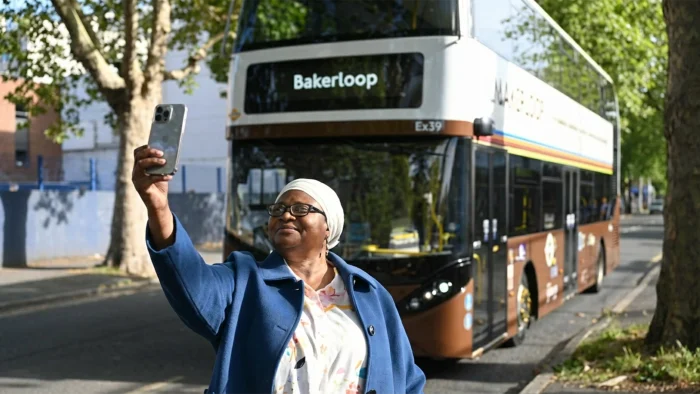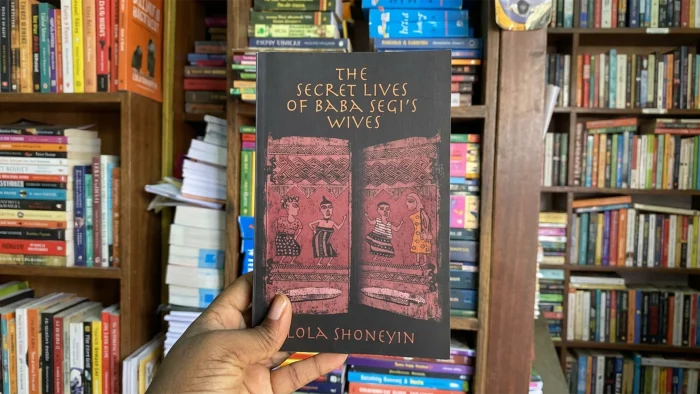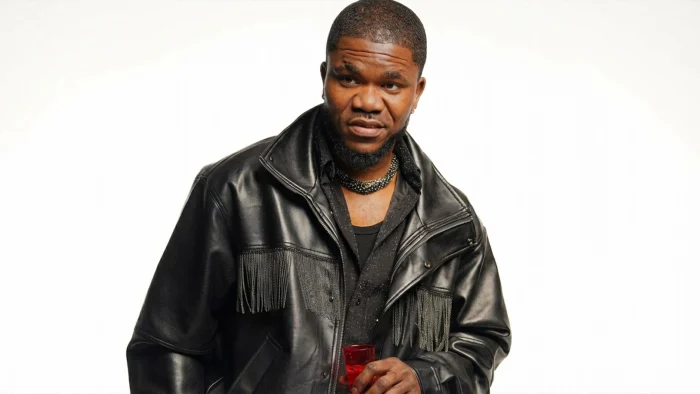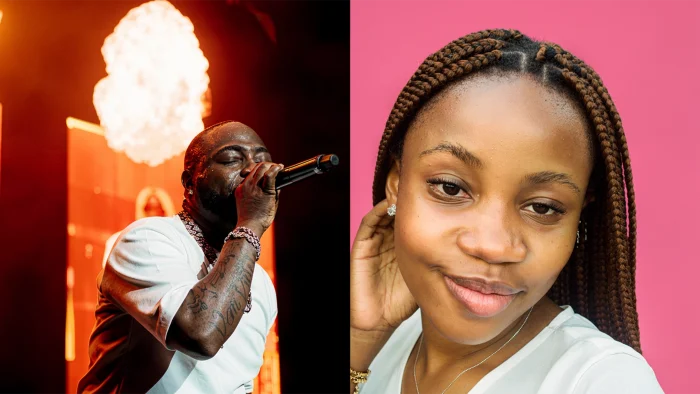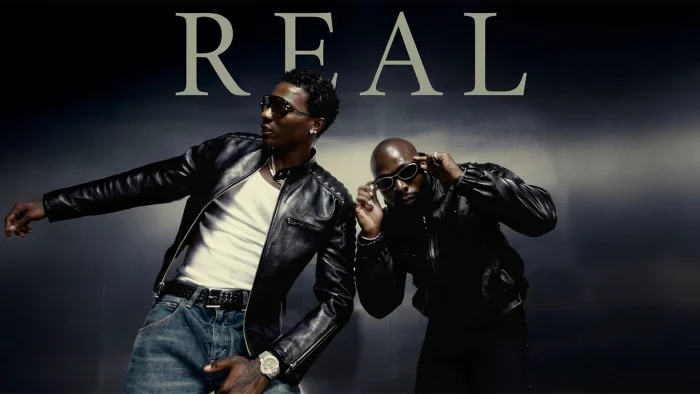Nigerian cultures are rich in art forms like music, dance, and storytelling that go far beyond entertainment. They serve as powerful tools for improving mental health, providing a means to manage stress and reconnect with oneself.
[ad]
Many Nigerians find solace in these traditional art forms, using them as a means to cope with the stresses of daily life. Music, with its rhythmic beats and soulful melodies, provides a sense of calm and comfort, while dance offers a physical outlet for releasing tension and expressing emotions.
Storytelling, whether through folktales or personal narratives, fosters a sense of community and belonging, reminding individuals that they are not alone in their experiences.
READ ALSO: How Nigeria’s emerging artists are transforming culture
[ad]
The healing power of music

When Pelumi, a young professional, feels stressed, she often listens to traditional Nigerian music. The rhythmic beats and familiar melodies help her relax and calm down.
For Ismail Obadimu, music resonates with his emotions on a deeper level. “My music choices are often based on my mood,” he tells Guardian Life. “I’m drawn to songs with meaningful lyrics, especially older ones that speak directly to the soul. Music is more than just entertainment for me; it’s a reflection of my thoughts and feelings.”
Peter Olatunji, another music enthusiast, shares a similar view. “The music I listen to defines me. I’m careful about the songs I listen to because they sometimes affect my mood. Whenever I listen to happy music I feel happy; whenever I listen to motivational songs I get motivated.”
Visual arts as therapy
For some, visual art is a soothing balm. Even a simple visit to a gallery can be transformative. “Though I’m not an artist myself, I find gallery visits inspiring,” says an art enthusiast Chioma.
“The colours, intricate details, and thought-provoking themes always leave me feeling refreshed and renewed. It’s like taking a journey through different worlds without leaving the room.”
[ad]
Adeshina Afeez, a local artist based in Abeokuta, finds comfort in painting. “When I feel overwhelmed, I find solace in painting. The colours and textures help me express my emotions and find a sense of balance.”
The power of stories
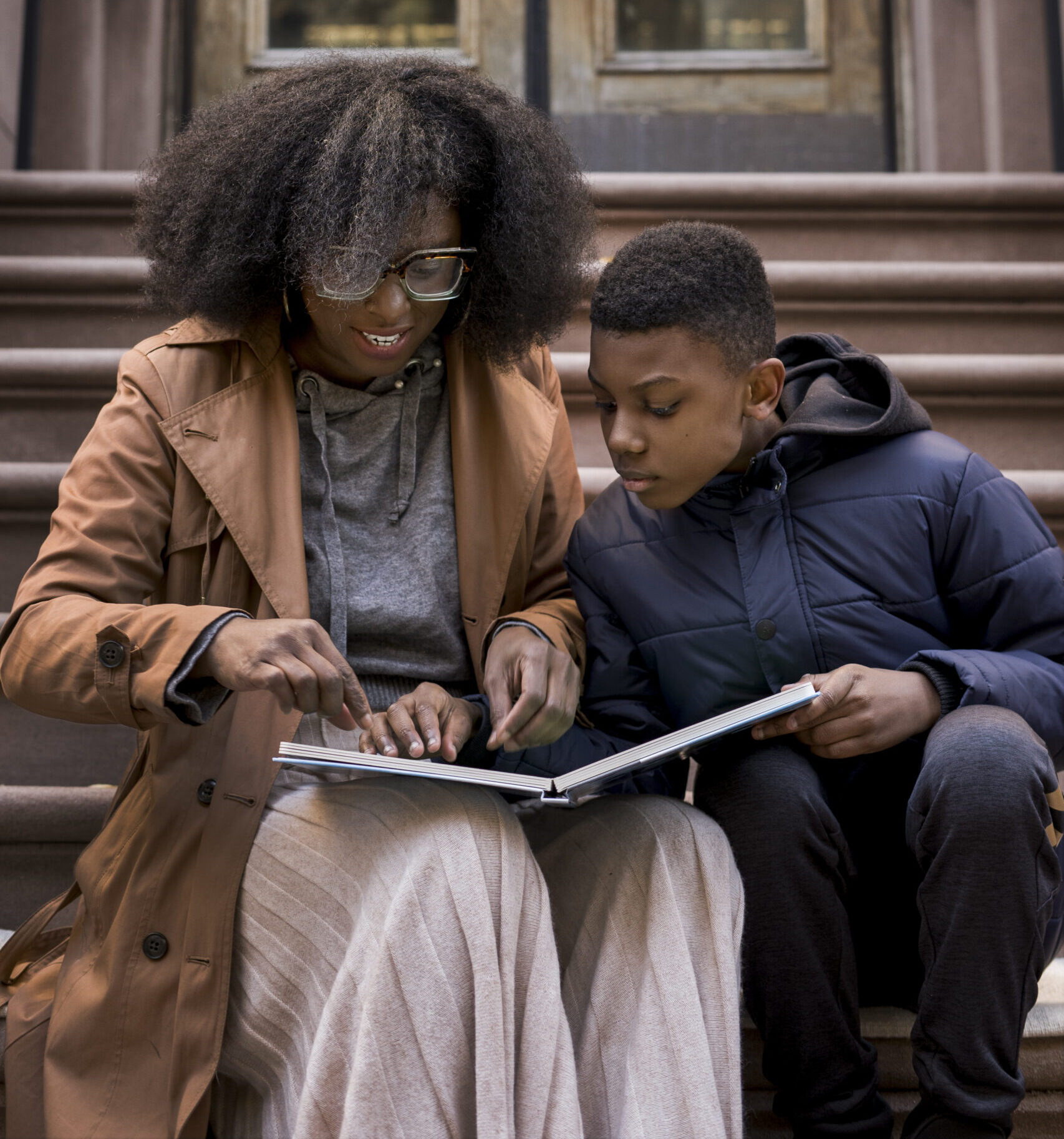
Apart from its entertainment value and fostering a sense of community, storytelling serves as a powerful mental health tool. Passed down through generations, these stories provide comfort and wisdom in difficult times.
“My grandmother used to tell us folktales every night,” says Obadimu, a recent graduate from the University of Lagos. “The stories taught me values like honesty, kindness, and perseverance. Now, when I remember them, they offer a comforting escape from the challenges of everyday life, helping me cope with stress and anxiety. They also helped me understand our culture and heritage.”
[ad]
Dance as emotional release
For Francis Nwabueze, a dancer from Imo State, dance has been a form of emotional release and mental rejuvenation.

“Dance has numerous mental health benefits,” he says. “It helps me reduce stress, anxiety, and depression by increasing the production of endorphins, which are known as the feel-good hormones. Mentally, dance has been a powerful tool for emotional release, self-expression, and overall mental health.”
READ ALSO: Pioneering black conductor melds opera with South African dance music
Coping mechanisms for mental stress
When it comes to coping mechanisms for relieving mental stress, Dr John Adenle, an associate professor in the Department of Creative Arts at the University of Lagos and a fellow of art in medicine, recommends activities such as creative arts, meditation, and listening to music.
“Those activities are sometimes external and some of them are also internal. “It is your thought that you will work on, a form of meditation to be in the present time.”
“The more we grow older, we should be childish in some areas, engaging in activities, it may be sports, arts, music or dance,” he advised.
[ad]


